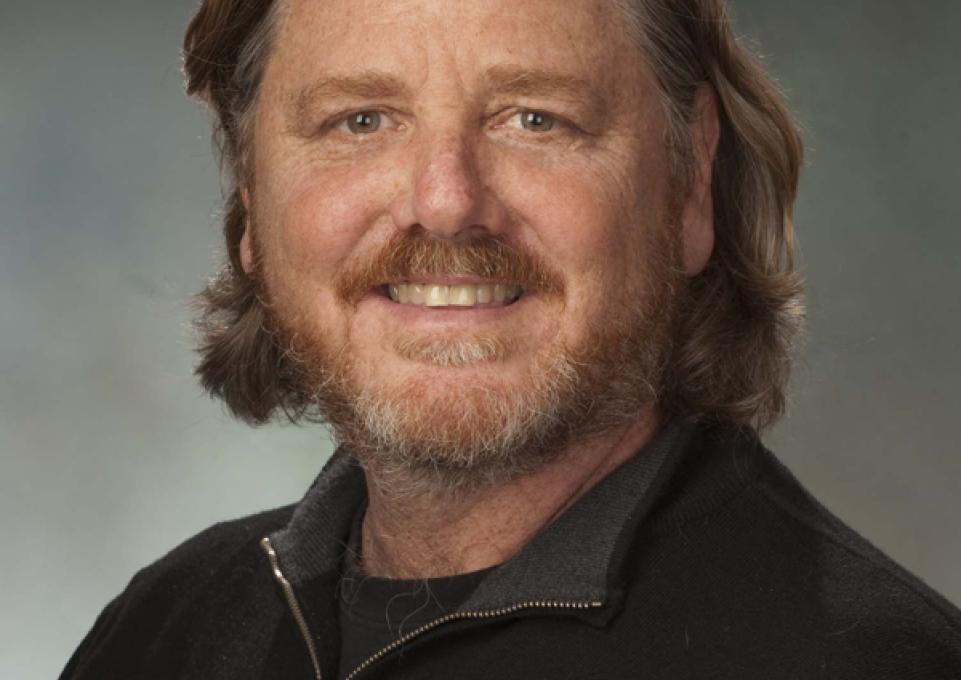
When Governor Andrew Cuomo announced that he wants to raise New York's minimum wage to $15 per hour for all industries, many in the state rejoiced. Recent polls indicate that approximately 60 percent of voters support the across-the-board raise.
The state Assembly has approved a plan to gradually raise the minimum wage for fast-food workers to $15 an hour from its current $8.75 by 2018 for New York City and by 2021 for the rest of the state. And some say too much, too fast.
Those who oppose the proposed minimum wage hike have said it will result in fewer jobs and pose a real hardship for small businesses.
Ted P. Schmidt, associate professor of economics and finance, who specializes in macroeconomics, said many of these fears are unfounded. Cities that have adopted a $15-an-hour minimum wage aren’t seeing this loss of jobs, he said.
“Most studies of the effects of higher minimum wage on business are inconclusive. And you have to factor in that workers will have more spending money, which helps the economy as a whole,” Schmidt said. “There will be companies that may not survive, but they probably wouldn’t have survived anyway. Companies that adopt the higher minimum will probably see less turnover, which will cut down on training expenses.”
Schmidt pointed out that since the 1980s, profits, debt, and financial speculation—not wage increases—have driven the economy, one that has experienced several recessions. Compare this to the 1950s and 1960s when manufacturing jobs were plentiful and the economy robust.
“During those years, wages kept pace with productivity,” he said. “Since the 1970s, worker output has increased but wages have not.”
And in recent years, workers in the lower- and middle-classes have increasingly felt squeezed.
“Only the top one percent of earners has seen any real gains,” he said.
Schmidt predicts that if the Assembly passes the $15-an-hour minimum wage for all workers, higher-paid workers will feel the benefits, too, with their wages going up accordingly.
As for the workers that apply for minimum wages jobs?
“They will probably be slightly better educated, higher skilled, and older,” Schmidt said.
About Ted Schmidt
Originally from Riverside, California, Schmidt earned his doctorate at the University of California, Riverside. Since 1990, Schmidt has taught in Buffalo State’s Economics and Finance Department, his courses ranging from international finance to money and banking. His research interests include macroeconomics, monetary theory, finance, and income and wealth distribution. From 2009 to 2013, he served as editor of the Heterodox Economics Newsletter, a scientific community devoted to real-world economic research. He also is the author of the forthcoming book, The Political Economy of Food and Finance, which will be published by Routledge in January 2016.
